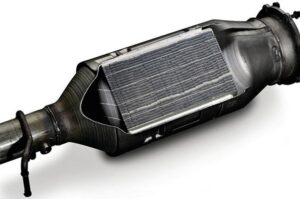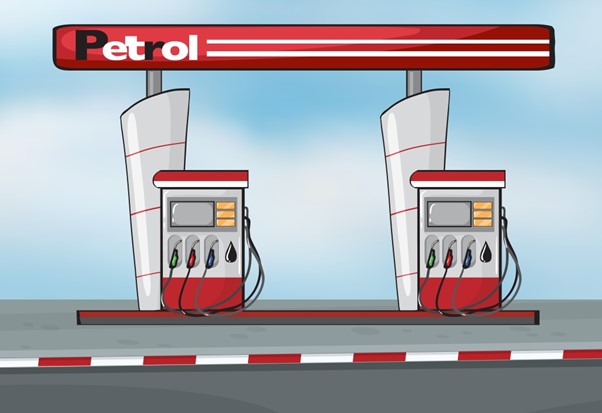When it comes to purchasing a new car, one of the crucial decisions you’ll need to make is whether to opt for a petrol, diesel engine, or electric. All types of propulsion have their advantages and disadvantages, and your choice should align with your specific needs and priorities.
The way you plan to use your car plays a significant role in your choice of fuel or type of propulsion.
Diesel engines are renowned for their fuel efficiency and torque, making them ideal for long-distance driving and hauling heavy loads. On the other hand, petrol engines often perform better in city driving scenarios or for those who primarily take short trips. Electric Vehicle (EV) are categorised as Zero Emission Vehicles and are also great at city driving because of the short range of their batteries and technology, such as the regenerative braking, which means it gains back some of the energy already spent when you brake.
For instance, if you have a daily highway commute, a diesel engine may offer substantial fuel savings over time due to its efficiency on long journeys. Conversely, if you mainly use your car for urban errands, a petrol powered vehicle or EV may be a more suitable choice.
Fuel prices fluctuate based on various factors, including location and global market trends. It’s crucial to compare the current prices of petrol, diesel, and electricity in your area. While diesel engines typically provide better fuel economy, the initial cost of diesel fuel is often higher than petrol. Calculate the potential cost savings over the expected lifespan of the vehicle to make an informed decision. Electricity on the hand compared to other fuels is often cheaper. But in Ghana, you will have to rely on destination charging, i.e. charging at home or office since public fast chargers are now springing up.
Consider the long-term maintenance costs associated with each fuel type. Diesel engines tend to have higher maintenance expenses due to their complex components, such as mechanical fuel pumps and Diesel Particulate Filters (DPF). If you drive short distances and spend time in slow moving traffic, a diesel powered car cannot come to the optimal operating environment needed for it to preform DPF regeneration which is very essential to get rid of soot trapped in the DPF. In contrast, petrol engines are generally simpler and more affordable to maintain and does not require long, hard drives to work properly.

Diesel Particulate Filter Image Source: www.gridoto.com
Environmental concerns should be a consideration when choosing between petrol, diesel and EV. Petrol engines typically emit fewer emissions of certain pollutants, but they produce more carbon dioxide (CO2) which contributes to global warming. Diesel engines, while more fuel-efficient, emit higher levels of particulate matter and nitrogen oxides (NOx), which can harm air quality and contribute to health issues. Electricity on the other hand does not produce any of these emissions.

If you plan to tow or carry heavy loads, diesel engines often offer more torque and better towing capabilities. Consider your towing needs and how the engine’s characteristics align with them.
Diesel engines are notorious for their noise, vibrations and harshness (NVH), which can be more pronounced compared to petrol engines. EVs are the best at this since they produce very minimal NVH. Test drive all available options to assess your comfort level with the noise and vibration levels.
Choosing between petrol, diesel or electricity for your next car involves a careful consideration of multiple factors, including your driving habits, budget, environmental concerns, and future trends in the automotive industry. By weighing these factors and conducting thorough research, you can make an informed decision that best suits your needs and priorities.
Ultimately, the right choice will enhance your driving experience and save you money in the long run.
Happy Motoring…










